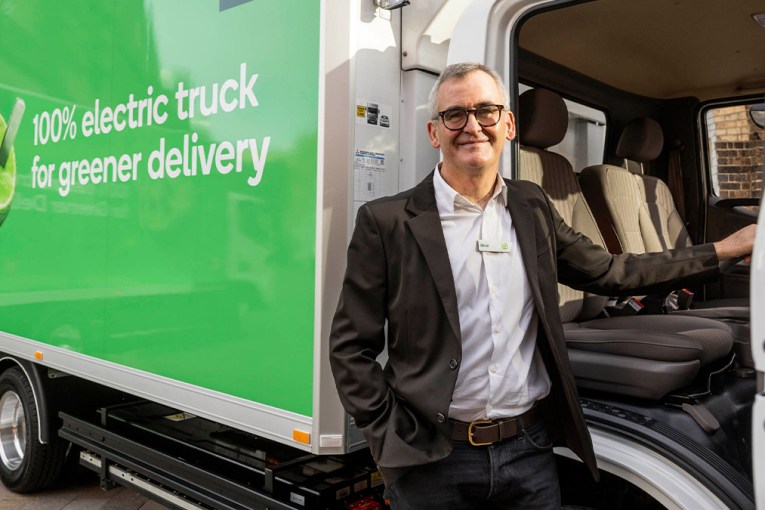Ethical investment small but growing
The ethical investor is the new breed of profit-seeker. It means avoiding big tobacco and fossil fuels and investing in renewable energy, health care and even insurance companies.
The ABC has been given an advance copy of a report by the Responsible Investment Association, which found more than $150 billion now invested in responsible funds in Australia alone.
Investment activist Julian Vincent campaigns against the fossil fuel industry. He wanted to make sure his super was not supporting it. So he joined an ethical fund in 2006.
“Once people really start to understand that they’ve got this money sitting here and it’s their retirement savings, but it’s also intrinsically connected to a bunch of other industries and sectors, then they start to think about it and they think, ‘Well, does it match up with my ethics?'” said Julian Vincent, the lead campaigner of Market Forces.
Ethical investment is about considering social, environmental and corporate governance factors as well as financial returns.
AMP runs one of the biggest sustainable funds. Ian Woods helped set it up 13 years ago and is the head of AMP Capital’s environmental, social and corporate governance (ESG) research.
“Each ethical fund have will its own sort of mandate. For the particular fund we have, we have a mandate of not investing in companies which have a material exposure to gambling, alcohol, tobacco, armaments; in the Australian context, to thermal coal and uranium,” he said.
It is becoming a global movement supported by the United Nations, which is promoting a framework for responsible investing. So far, fund managers and companies with assets of $34 trillion have signed on.
Ethical investment now up to 14 per cent of funds
In Australia, the Responsible Investment Association tracks investment growth. In a report due out this week, the association reveals responsible investments are up 13 per cent to $153 billion. That equates to 14 per cent of total assets under management.
AMP says, while still small, it is a growing business.
“It’s been quite substantial growth. We started off with a couple of hundred million dollars back in 2001, and now we’re looking at managing a little over $1.5 billion,” he said.
Research has found ethical funds can even give traditional funds a run for their money.
“You can actually get an investment insight which can lead to better or comparable returns to other funds,” Mr Woods added.
Former oil executive and Coal Association chief, now climate change activist, Ian Dunlop says it has a big future.
“These new industries are going to be the economic powerhouse of the future. So what we’re doing is investing in the future in the real economic opportunities, and they are enormous,” he said.
“This is probably the biggest investment opportunity the world has ever seen.”
One potentially big loser from this movement is the fossil fuels industry but, for now, the industry says oil and coal are a safe bet.
“It is true that ethical investment funds account for a very tiny proportion of currently funds under management,” he said.
“I think there is still strong – from our feedback – strong interest from fund managers in investing in coal and the reason for that is it’s got a big future over the medium to long term.”
However, it is the long term that could be the problem, with proponents of ethical investing determined fossil fuels will eventually be left out in the cold.








